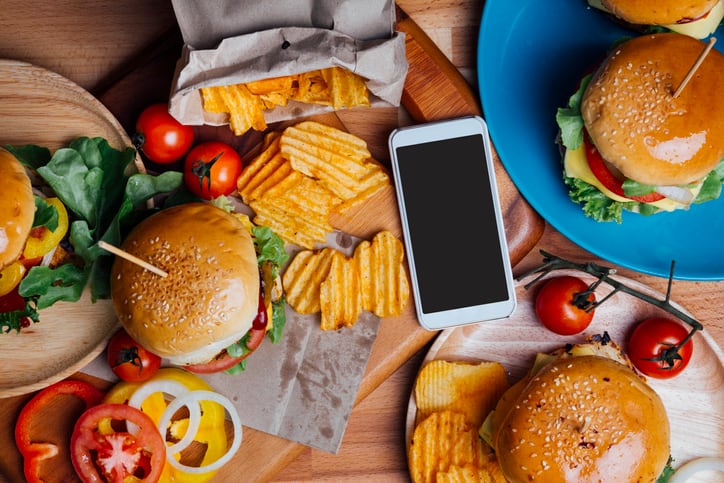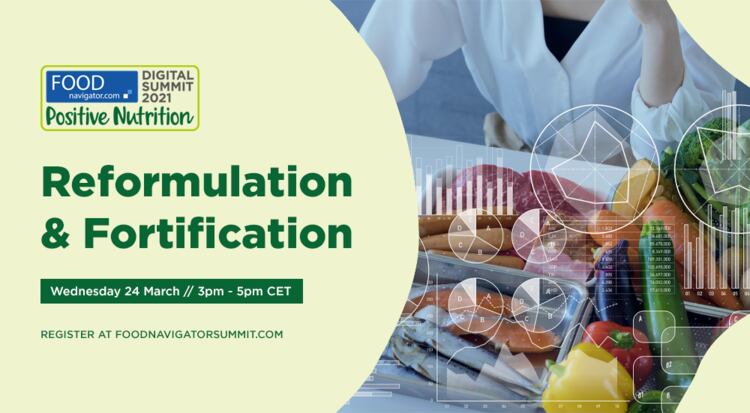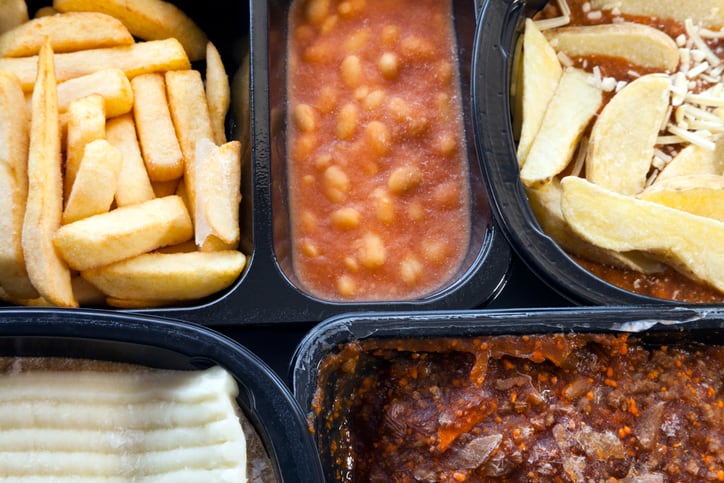The Government’s Health and Care Bill, announced in yesterday’s Queen’s Speech, will restrict promotions on high fat, salt and sugar food and 25 drinks in retailers from April 2022.
The proposed legislation includes measures to ban junk food adverts pre-9pm watershed on TV and for a total ban online. The Government will also look to introduce secondary legislation to require restaurant chains with 250 or more employees to calorie label the food they sell. Pubs will not be required to add calorie information on drinks.
The proposed legislation will limit what food companies can say about junk food products on websites to only facts such as price, ingredients and nutritional content. Paid-for displays, text messages and web searches and promotional emails promoting unhealthy foods will also be banned. The government has said these restrictions would apply only to large companies and not to small independent producers.
Although details have yet to be sketched out, it is believed the Government will define which foods to restrict based on current regulations in place since 2007 banning food and drink products that are high in fat, sugar or salt being advertised during television aimed at children.
A barrier to reformulation?
The Food and Drink Federation’s chief scientific officer, Kate Halliwell, said the proposals demonstrated a lack of ‘joined-up policy making’ and would not help reduce obesity rates. She added that restrictions would deter companies from reformulating products made with less sugar, salt and fat as these would still be included in the ban.
“A proposed advertising ban would remove less than five calories a day from children’s diets, according to the Government's own estimates,” she said. “And yet the proposals limit the scope for advertising products that have been carefully reformulated or created in smaller portions in-line with the Government’s own targets. For example, Cadbury would not be able to advertise their 30% reduced sugar Dairy Milk.”
She told FoodNavigator the Government’s proposals therefore risked creating a barrier for lower sugar and fat alternatives.
“FDF and our members have been fully engaged with the Government’s various reformulation programmes for two decades and will continue to look at ways that they can innovate to make some of Britain’s best loved products healthier,” she told us.
“We believe reformulation, healthier new product development, and offering appropriate portion sizes remain the most important mechanisms companies have to help people enjoy a healthy lifestyle. It is particularly unfortunate that Government has chosen to put barriers in the way of companies being able to successfully bring these products to market by limiting their ability to advertise and promote many of these healthier options.”
‘Unhealthy food is now the biggest cause of death’
But health campaigners disagreed. Professor Graham MacGregor, Chair of Action on Sugar and Action on Salt, and professor of Cardiovascular Medicine at the Wolfson Institute, Queen Mary University of London, welcomed the news that the Government ‘will finally be making Britain healthier’.
“Whilst bringing in these landmark obesity policies will make the UK world-leading, it’s absolutely crucial that we not only prevent obesity, but also treat those who are overweight. This must include product reformulation,” he said.
“With figures published last year suggesting that nearly two-thirds of adults in England are either overweight or living with obesity (and obesity linked to the worst outcomes of COVID-19), the food & drink industry, including the hospitality sector, must not dither or delay any longer and create a level playing field."
He told FoodNavitor that far-reaching moves were required to address the drivers of obesity. “Unhealthy food is now the biggest cause of death and disability in the world… Obviously if you have a hamburger once a week and you eat healthy the rest of the time it’s not going to do you a lot of harm. But the problem is that people are eating this food every day because it's incredibly cheap and it's stuffed with salt, fat and sugar."
Reformulation should follow the ‘health by stealth’ approach he noted. “Bread has had about a 30-40% reduction in salt and is heathier than it was 20 years ago. Slowly reformulating foods gradually is by far the most important policy. This advertising promotion ban is important but it’s a bit diversionary. What we really need to do is get the industry to reformate these foods so that in 20 years’ time all of these foods will healthier."
‘This is nutty nanny statism’
But other commentators took aim at the high number of ostensibly healthy foods which could potentially be included in the proposed curbs on junk food advertising such as high ‘healthy fats’ ingredients such as avocados, smoked salmon, hummus, butter, cheese and even some fruits.
The Adam Smith Institute’s Head of Research Matthew Lesh said: “The ad ban plan is nutty nanny statism. It will do nothing to reduce obesity while savagely striking at struggling hospitality businesses and hurting the public.
“The measures will apply to a shockingly large array of foods. It will be illegal to advertise online British favourites like fish and chips, Scotch eggs or even a full English breakfast; takeaways would be unable to post images of their food online; descriptive words like ‘delicious’ will be banned. Thousands of restaurants, which have been kept alive thanks to online delivery, will no longer be able to advertise online to find new customers, hitting small businesses the hardest.
“The ban will even make it harder for the public to discover new restaurants and food delivery services, taking joy out of our lives."





